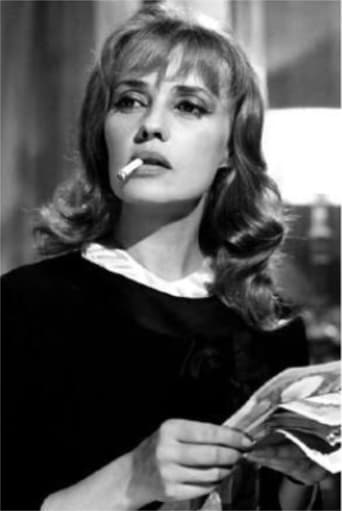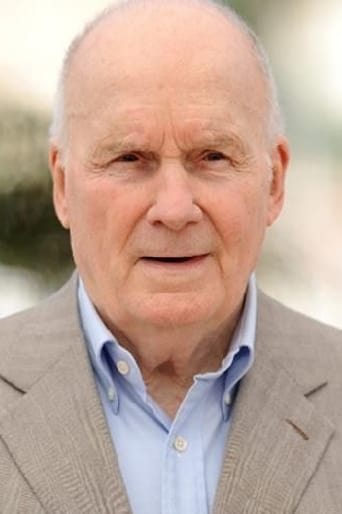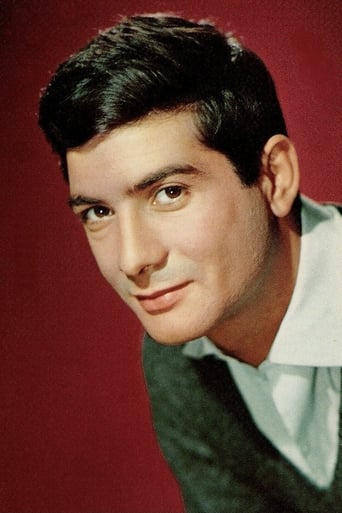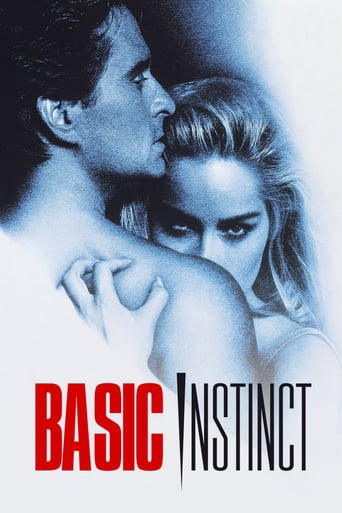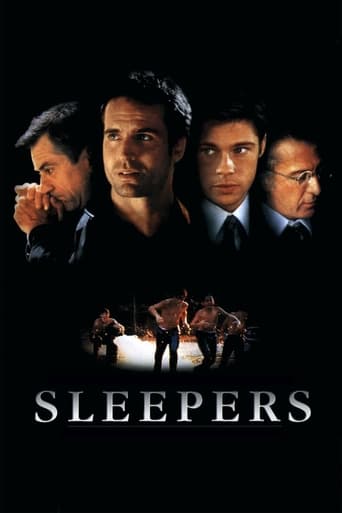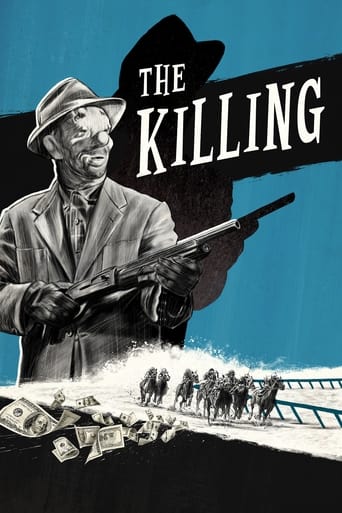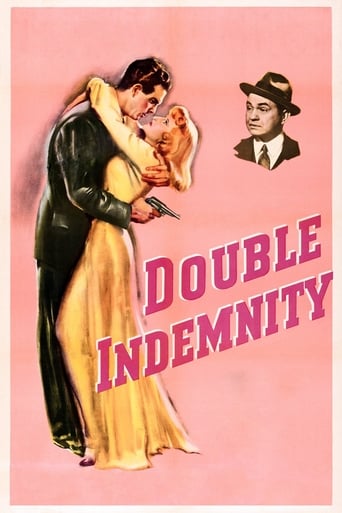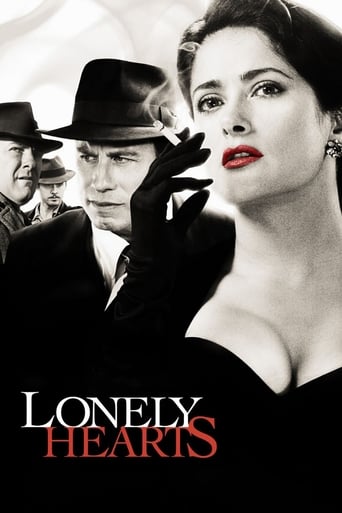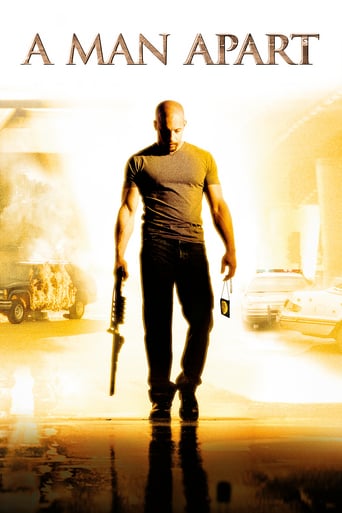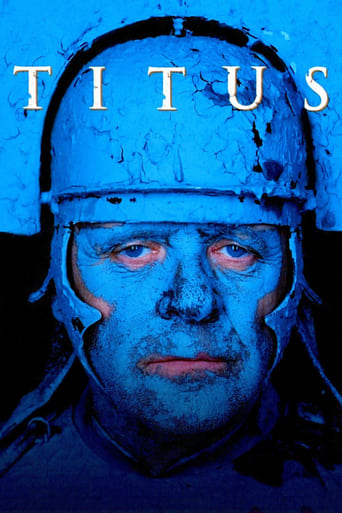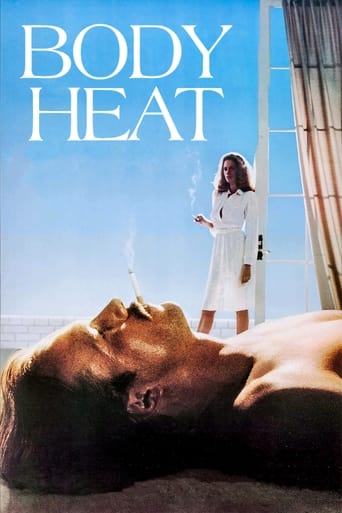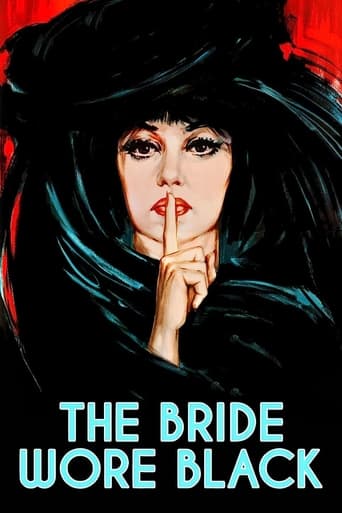
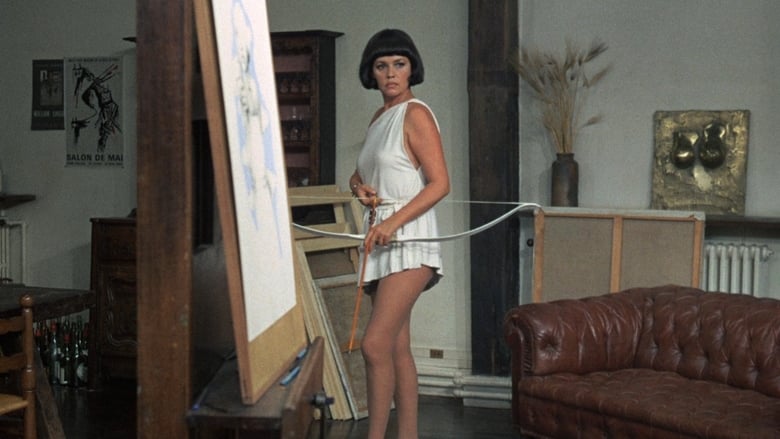
The Bride Wore Black (1968)
Julie Kohler, whose husband was inexplicably shot dead on the church steps after their wedding, is prevented from suicide by her mother. She leaves the town to track down, charm and kill five men who do not know her.
Watch Trailer
Cast


Similar titles
Reviews
Yawn. Poorly Filmed Snooze Fest.
A Disappointing Continuation
This is one of the few movies I've ever seen where the whole audience broke into spontaneous, loud applause a third of the way in.
It's the kind of movie you'll want to see a second time with someone who hasn't seen it yet, to remember what it was like to watch it for the first time.
Julie Kohler has reasons for wanting to avenge the death of the man she marries, but whom is no longer around to ensure their happiness as a couple. A determined woman, Julie knows she must deal with the five men that changed her life in a second as she and her husband are posing atop the steps of the church where they were married. Mme. Kohler embarks in a mission to remedy the situation that have rendered a bitter woman.The novelist Cornell Woolrich, who also wrote under the pen name of William Irish and George Hopley, wrote the novel which is the basis of the Francois Truffaut's "The Bride Wore Black". The director, obviously inspired in the original text, brought it to the screen by co-adapting it with an actor, Jean-Louis Richard. The setting was changed to France, for obvious reasons. The result is a film that, on second viewing, recently, proved not to be as exciting as we once thought.Part of the problem is in the execution of the story. Julie Kohler sets the trap to get the five men responsible to ruin her life, and yet, there is no clue in the film that gives a hint as to how she got to identify the men in the apartment across the way from where she was standing. We go along for the ride; the viewer wants to make concessions in order to enjoy the film. We want to think Julie can pull it off. At each killing, the otherwise intelligent murderess, is oblivious of the things the police will look into to identify the assassin, like leaving a trail of fingerprints on occasion. Logic was something M. Truffaut threw away when he decided to bring the novel, which, by the way, we have not read, to the cinema. The director, a fervent admirer of Alfred Hitchcock, gives a nod to his idol in this ambitious production.Jeanne Moreau is perfectly chilling as the calculating Julie. She shows a determination and cold blood to do away with the five men that she blames for killing her husband. Ms. Moreau shows a remorseless woman in her resolve to get rid of the people that made her suffer. The casting was an absolute coup for the director, bringing actors of the caliber of Michel Bouquet, Jean-Claude Brialy, Michael Lonsdale, Charles Denner, Claude Rich, and Alessandra Stewart, among them. Raoul Coutard, who had worked with Truffaut before, is the cinematographer. Bernard Herrmann, a frequent Hitchcock collaborator composed the musical score.
Truffaut pays homage to Hitchcock in this suspense thriller starring the incredible Jeanne Moreau. She competently portrays a widow consumed with revenge and seeking retribution for the murder of her husband, but unfortunately the film's screenplay and direction don't allow for her to display her extraordinary talent. The Bride Wore Black is a solid film and although it's enjoyable, it's clearly one of Truffaut's lesser works. Don't get me wrong - I'm a huge Truffaut fan and Jeanne Moreau is also was of my all time favorites actresses - it's just that this film of Truffaut's doesn't come anywhere close to holding the same magic as The 400 Blows, Jules & Jim, Don't Shoot the Piano Player, or Day for Night. Like I said - it's not a bad film, just don't have expectations to be blown away.
All human beings are known to have made mistakes in their careers. There are no exceptions to this rule.This is also true in the case of famous French film director François Truffaut whose film "The bride wore black" is a huge disappointment.Who can be blamed for that ? I don't know much.My guesses might give some idea.Is it the TV channel which was showing this film at an odd hour in the night or is it an avid cinema admirer watching a poorly acted thriller at a wrong time. Whatever one says "La Mariée était en noir" is a big bore which would even fail to impress Alfred Hitchcock,a man for whom it was made.The biggest trouble lies in the depiction of the title role played by Jeanne Moreau.She acts in a very bad manner as she displays a whole lot of wooden performances.There is hardly any suspense at all in this film.It is absolutely clear from the outset that as a disgruntled bride would be heading on a killing spree there should have been somebody who would be willing to fight with her.It is a pity that Truffaut did not work hard on removing such a minor glitch while he was directing this film.
A bridegroom killed at the church and a bride who ruthlessly hunts down those responsible. It is not a unique theme and has appeared in Kill Bill and elsewhere. Truffaut's minimalist rendering mixes film noir with an apparent homage to Hitchcock in a way that invites Freudian analysis. Jeanne Moreau, as the deadly female, shows an emotional range without detracting from her cold-bloodied mission.The film opens with a sound like a train clattering over tracks. When the image comes into view, we see it is actually a printing press, making dozens of copies of a picture of Julie (Moreau), naked to the waist. Shortly afterwards, we see her frustrated suicide attempt. She then pretends to board a train to Paris, but exits before it leaves, secretly crossing the tracks.As she hunts down the men on her list, the past is gradually revealed in flashback. Both from her point of view and theirs.The Bride Wore Black is beautifully photographed and employs a no-nonsense score by Bernard Herrmann (Psycho, Marnie, The Birds). There are other nods to Hitchcock in the editing and the love/obsession, sex/death themes, but the film is still firmly Truffaut. He plays fast and loose with plot holes, leaving the viewer to fill in large amounts of detail, such as Julie's detective work. Continuity never puts reality on a pedestal. For instance, although we must assume a thunderstorm conveniently hides the shouts and banging of one of Julie's victims from a child sleeping upstairs, the garden and pathway outside show no signs of a storm in the morning. But Truffaut allows us to see much of the beautifully constructed mise-en-scene as symbolic rather than slavishly joining the dots. An aerial shot of children reunited with their teacher, mirrors aerial shots of Julie's wedding, reminding us of the children she never had. Her occasional monologues give us ample material to construe the story as a tale of repressed sexuality whereas later offerings such as Tarantino's avenging bride are more concerned with outer details, or an inner story that will be revealed later.Julie is a virgin. She 'waited' for her childhood sweetheart, David, only to be deprived of sexual fulfilment on the day they are wedded. After attempting suicide ("They wouldn't let me die so I went back to the church"), her frustration leads her to a 'righteous anger', fuelled and justified by her faith. "What were you seeking her?" the priest asks her. "The strength to continue," she replies. "You gave it to me, in spite of yourself." Feminist film theorists have often pointed out that psychoanalysis as a discourse tends to oppress women, but here the blame is shifted to the Roman Catholic Church, whose repressive doctrine sows the seeds of Julie's breakdown. Julie projects her own demons onto the men she entraps. They are all womanisers. She dangles a carrot of sexual fulfilment before them only to rip it away by death. But unlike the usual femme fatale, she is not a sexually active Lilith. She is not to be 'controlled' by male protagonists most of the men are weak anyway. Her religious attitude has divested her of sexual freedom, as much as if she had been raped. And she wants revenge.Julie inveigles herself into an artist's studio. There she poses as Diana, the ancient goddess of hunting who has sworn herself to chastity. The artist's bathroom floor is covered with a three-dimensional carpet of breasts. Removing her shoes, Julie 'tramples' this symbol of nurturing underfoot.The Bride Wore Black is a great story, however flawed. Moreau, in spite of playing a cold-blooded killer, shows empathy to children (when it suits her plans), compassion to a schoolteacher falsely accused, and even lets us inside her misery for a moment. "I only listen to David," she cries, in a close-up of her tear-stained face. She is totally trapped inside her world. That there are no enduring likable characters in the film encourages us to feel for her. She at least believes in what she is doing. (A few years later, Moreau would reprise some of these 'womanly killer' assets as she teaches them to her protégé in La Femme Nikita).The lack of characters that we can truly empathise with is a weakness. The storytelling can also seem too simplistic, and even if Truffaut ramps up the tension and mystery towards the end, it can often seem contrived. The addition of some basic clues on how Julie discovers the identity of her victims would not go amiss. But for Truffaut fans or those new to his work, the crisp photography, bold performances and winning directorial style may more than make up for any cracks elsewhere.A little humour is even squeezed in before the plot twists move us firmly back to post-noir territory."Do you know why the Chinese never use this little finger?" asks the artist, stroking her cheek with his champagne-covered digit. She shakes her head. She is determined to resist him. "Because it's mine," he grins.


